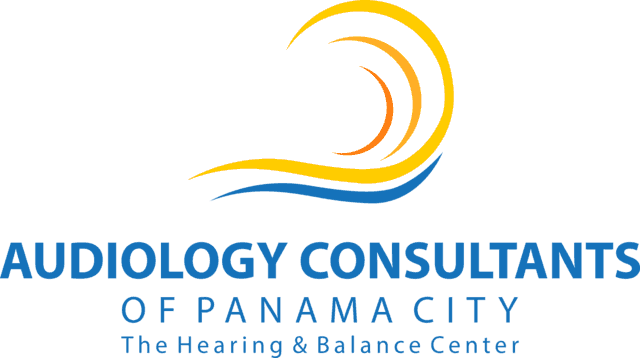- Using Hearing Aid Accessories for Enhanced Listening - May 6, 2025
- Practical Tips for Managing Daily Challenges With Tinnitus - April 8, 2025
- Signs Your Hearing Aid Battery Needs to Be Replaced - March 13, 2025
Hearing is one of our most precious senses, allowing us to connect with the world around us, communicate effectively, and enjoy life to the fullest. Yet, hearing loss remains a prevalent and often misunderstood health issue. While genetics, aging, and exposure to loud noises play significant roles in hearing loss, the impact of nutrition on our auditory health has gained increasing recognition in recent years. In this article, we will explore the profound influence of nutrition on hearing health, the latest advancements in hearing loss prevention, diagnosis, and management, as well as potential futuristic interventions that offer hope to those with hearing impairments.
The Nutritional Connection
Proper nutrition is essential for the overall well-being of our body, and this includes our ears. Research has shown that certain nutrients and dietary habits can significantly impact our auditory health.
- Antioxidants: Antioxidants such as vitamins A, C, and E, as well as minerals like zinc, selenium, and magnesium, play a critical role in protecting our auditory system from oxidative stress caused by free radicals. These antioxidants can be found in a variety of fruits, vegetables, nuts, and seeds.
- Omega-3 Fatty Acids: Omega-3 fatty acids found in fish, flaxseeds, and walnuts have anti-inflammatory properties that can help reduce the risk of hearing loss related to inflammation.
- Vitamin B Complex: Vitamins B1, B2, B3, B6, B9 (folate), and B12 are vital for the maintenance of nerve cells in the inner ear. Foods like whole grains, leafy greens, lean meats, and dairy products are excellent sources of these vitamins.
- Magnesium: This mineral helps regulate blood flow in the inner ear and can be obtained from foods like spinach, almonds, and beans.
- Avoiding Harmful Substances: Limiting your consumption of salt, sugar, and saturated fats can also contribute to better hearing health. High blood pressure and diabetes, often associated with excessive consumption of these substances, can increase the risk of hearing loss.
The Latest Advancements
- Early Detection: Early detection of hearing problems is crucial for effective management. Audiologists now have access to advanced diagnostic tools such as otoacoustic emissions (OAE) and auditory brainstem response (ABR) testing, allowing for more accurate and timely diagnosis.
- Hearing Aids: Hearing aid technology has advanced significantly, with digital hearing aids offering improved sound quality, noise reduction features, and connectivity to smartphones and other devices for a more personalized hearing experience.
- Cochlear Implants: For those with severe to profound hearing loss, cochlear implants have become a game-changer. These devices bypass damaged parts of the ear and directly stimulate the auditory nerve, providing a sense of hearing to those who were previously profoundly deaf.
Developing Interventions to Hearing Loss
While still in the experimental stages, several futuristic interventions hold promise for the future of hearing health:
- Gene Therapy: Researchers are exploring gene therapies to repair or replace damaged genes responsible for hearing loss. This cutting-edge approach may one day offer a cure for genetic hearing disorders.
- Hair Cell Regeneration: Scientists are working on techniques to regenerate hair cells in the inner ear, which are crucial for hearing. This could potentially restore hearing in cases of sensorineural hearing loss.
- Auditory Brainstem Implants: These implants are being developed for individuals who cannot benefit from traditional cochlear implants due to damage to the auditory nerve. They directly stimulate the brain stem, opening up new possibilities for hearing restoration.
Wrap Up
Nutrition plays a fundamental role in hearing health, offering a simple yet effective way to reduce the risk of hearing loss. Embracing a balanced diet rich in antioxidants, omega-3 fatty acids, and essential vitamins and minerals is a proactive step toward maintaining auditory well-being.
Furthermore, advancements in hearing loss prevention, diagnosis, and management are providing hope to those affected by hearing impairments. Early detection and intervention remain key to preserving and restoring hearing abilities, and ongoing research is paving the way for revolutionary treatments.
As hearing professionals, our commitment is to empower individuals to protect their hearing and access the latest advancements in hearing healthcare. By combining the benefits of proper nutrition with the cutting-edge innovations in audiology, we can ensure that the world remains a sonorous and vibrant place for everyone.
We hope you found this article both insightful and beneficial. If you have any questions about hearing loss or would like to schedule your next hearing checkup, please contact us. Our friendly team of hearing health professionals are ready to assist you with all your hearing related needs.


